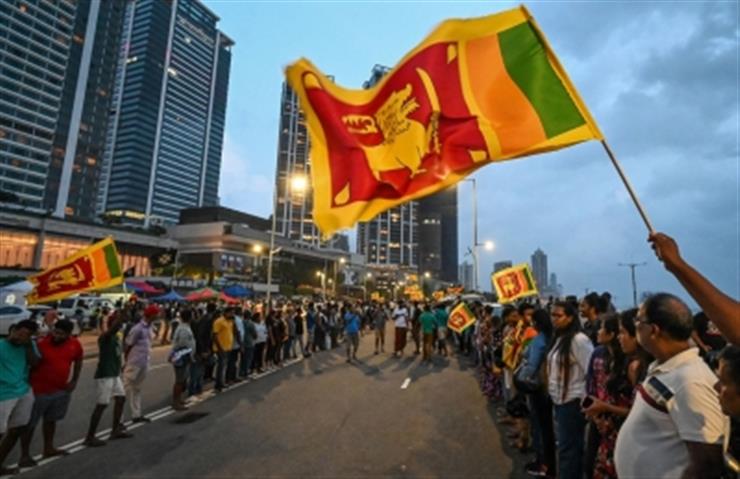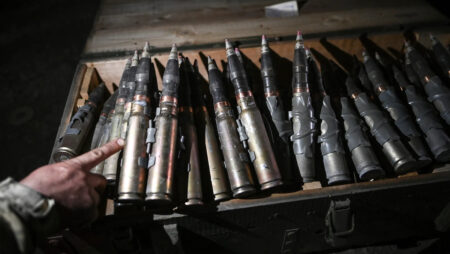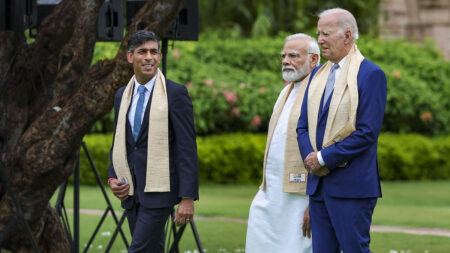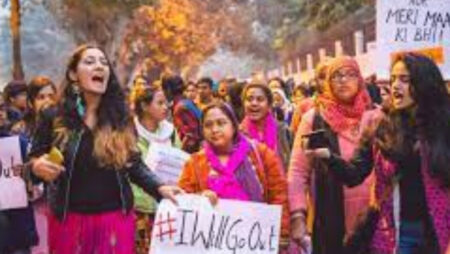As per the governor of Sri Lanka‘s central bank, the island nation might have averted its present economic crisis if it had requested a bailout from the International Monetary Fund (IMF) sooner.
P Nandalal Weerasinghe stated on BBC Newsnight that it was a mistake to wait to seek outside assistance.
The government has said it requires $5 billion in assistance from the international community, including the IMF, this year.
Last month, Sri Lanka made its first-ever historic default on its foreign debt.
“We could have managed the issue without this sort of hardship in this nation if we had taken the choice to go to the IMF sooner if we had begun the debt resettlement process one year earlier,” he stated.
Why is Sri Lanka facing an economic crisis?
His remarks came while he was working on getting Sri Lanka’s economy back under control, which is now being affected by severe fuel shortages, skyrocketing food costs, and a scarcity of medications.
Around two-thirds of Sri Lankan households have been forced to cut back on their food intake, according to a recent poll by the United Nations World Food Programme.
Since gaining independence from Britain in 1948, Mr. Weerasinghe claimed, Sri Lanka has been going through its worst economic crisis.
Mr. Weerasinghe will play a significant role in the sessions when an IMF team arrives in Colombo for negotiations on Monday.
At the end of this month, it is unclear if Mr. Weerasinghe, who took over as governor from Ajith Nivard Cabraal in April, will be reappointed for his entire six-year tenure.
I’ve stated that I want to go on,” he remarked.
“I don’t believe I anticipated when I took over that I would only be serving for two months before returning.
I wouldn’t have entered if that were the case. Within two months, this cannot be resolved. Before anything gets better, things will get worse.”
Sri Lanka’s significant borrowing from China, which Mr. Weerasinghe claimed amounts to 15% of the nation’s overall foreign debt, complicates IMF discussions.
The fund has a rule that states can’t be bailed out unless all their other creditor’s consent to write down their debts first.
According to Mr. Weerasinghe, “I’m confident China, as a close ally of Sri Lanka, [would] give comparable relief that [will] be granted by other creditors as well.”
Former employees of the Sri Lankan central bank have submitted a letter of support for Mr. Weerasinghe to the president, Gotabaya Rajapaksa, who is under fire.
They added, “We consider it a highly unpatriotic action with wholly ulterior objectives if someone is planning to remove him from his position as the Governor of the Central Bank of Sri Lanka.”
More Countries at Risk
According to the World Bank, up to 12 additional developing nations are at risk of defaulting in the upcoming year.
States like the Maldives, Rwanda, Ethiopia, and Senegal, according to analysts, are all on the verge of financial collapse.
Pakistan, Ghana, and Egypt are all viewed as highly susceptible.
Sri Lanka, on the verge of bankruptcy owing to a severe foreign currency crisis that caused it to default on its foreign debt, announced in April that it would postpone paying back about $7 billion of its around $25 billion in outstanding foreign debt for this year.
$51 billion is the entire foreign debt owed by Sri Lanka.













